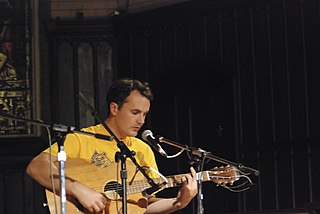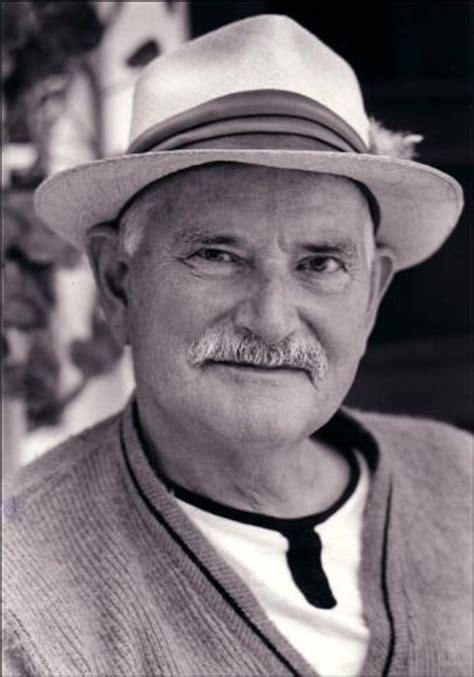A Quote by Captain Beefheart
The wind is a very difficult sound to get. It's always changing.
Related Quotes
Think of the sound you make when you let go after holding your breath for a very, very long time. Think of the gladdest sound you know: the sound of dawn on the first day of spring break, the sound of a bottle of Coke opening, the sound of a crowd cheering in your ears because you're coming down to the last part of a race--and you're ahead. Think of the sound of water over stones in a cold stream, and the sound of wind through green trees on a late May afternoon in Central Park. Think of the sound of a bus coming into the station carrying someone you love. Then put all those together.
I imagine that as contemporary music goes on changing in the way that I'm changing it what will be done is to more and more completely liberate sounds from abstract ideas about them and more and more exactly to let them be physically uniquely themselves. This means for me: knowing more and more not what I think a sound is but what it actually is in all of its acoustical details and then letting this sound exist, itself, changing in a changing sonorous environment.
Nothing wrong with changing your mind. That's a very unwaffling thing to say: "Nothing wrong..." Who am I to say that there's nothing wrong with it? Maybe something is wrong with changing your mind. Anyway, love is very, very difficult. I love. But probably because I hate myself on some deep, sick level, it makes loving difficult. But I do try.
I'm very interested in vertical space.I want the players to listen to their sound in such a way that they hear the complete sound they make before they make another one. So that means that they hear the tail of the sound. Because of the reverberation, there's always more to the sound than just the sound.
The thing about the summit region of Mount Washington, it can have areas that are flat and rolling. In those conditions, it's very difficult not to become disoriented, because it's not like you're on a face where you know what's up and what's down. You're on a flat surface. Every direction is the same in a white-out condition. And with wind speeds constantly changing direction, within a minute you have no idea where you are.
We never look deeply into the quality of a tree; we never really touch it, feel its solidity, its rough bark, and hear the sound that is part of the tree. Not the sound of wind through the leaves, not the breeze of a morning that flutters the leaves, but its own sound, the sound of the trunk and the silent sound of the roots.
There's no excuse for having a mental or creative block in sound. You can just go out and collect things in the real world - they make the sound, not you. It's very restricting to always use a library for sound effects. It's much more interesting and freeing to go out and record new sounds because you never know what you're going to get.
One must have a mind of winter to regard the frost and the boughs of the pine trees, crusted with snow, And have been cold a long time, to behold the junipers, shagged with ice, the spruces, rough in the distant glitter of the January sun, and not to think of any misery in the sound of the wind, in the sound of a few leaves, which is the sound of the land, full of the same wind, blowing in the same bare place for the listener, who listens in the snow, and, nothing herself, beholds nothing that is not there, and the nothing that is.




































